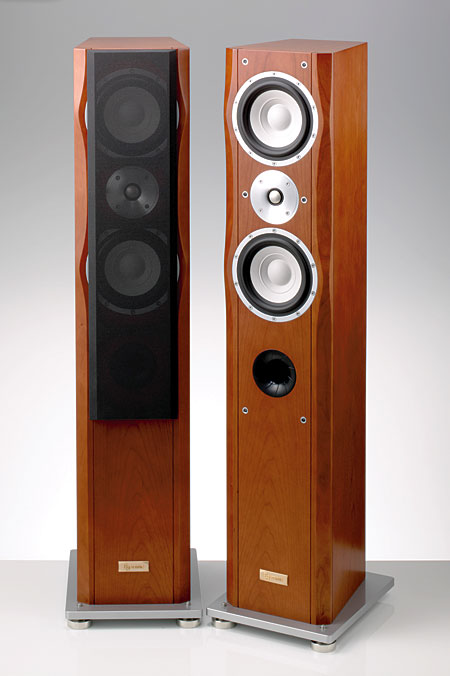
Esoteric MG-20 loudspeaker Specifications
Esoteric MG-20 loudspeaker Specifications

- Read more about Esoteric MG-20 loudspeaker Specifications
- Log in or register to post comments

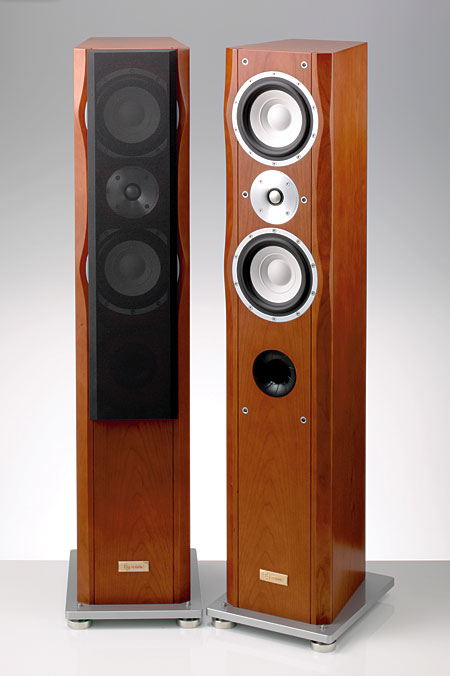
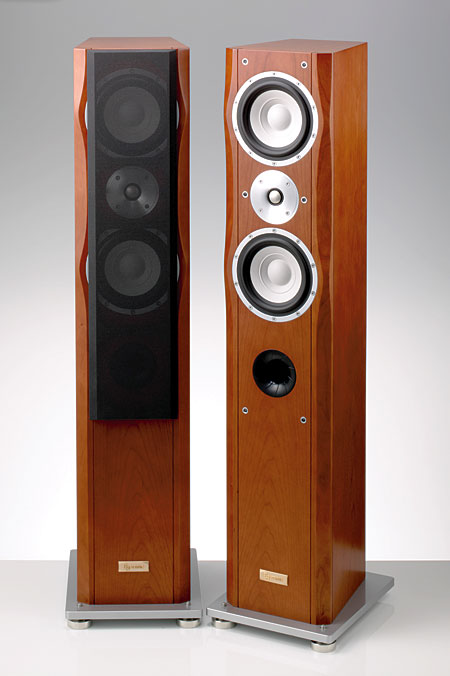
I have recently, and in a very modest way, wandered back into vinyl for the first time in over 30 years. As new vinyl is absurdly expensive and rather limited, I find myself buying used. One recurring problem, and one that brings me back to why I left vinyl in the first place, is that a lot of old vinyl has bad spots where the record sticks....you know, the same few lyrics repeated over and over and over. Very anoying at the best of times but a killer for enjoyment when I have to get up and down once or twice a side to reset the needle.
My daughter in CT sent me a batch of CD's, and in the batch was a CD from Christine McVie of Fleetwood Mac Fame, 2004, In The Meantime. It is on the Koch Records lable. After a few listens I have found the music very nice and very FM like. Good lyrics and smooth arrangments from a tight knit group of musicians. If you find it in the used or Cut-Out bin, for a few bucks, you can't go wrong if your are a FM fan. Who knows, you might even find a vinyl version floating around somewhere.
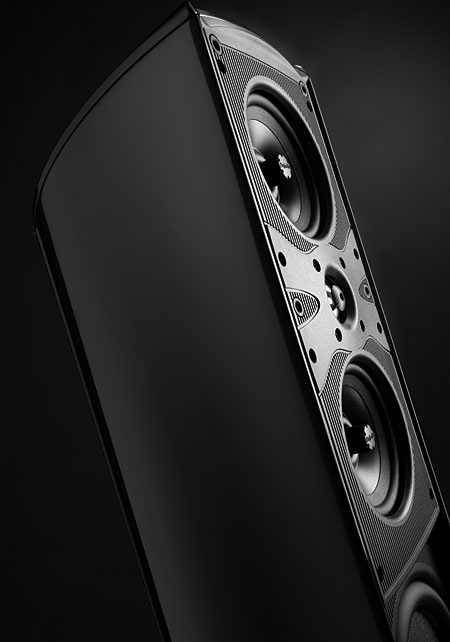
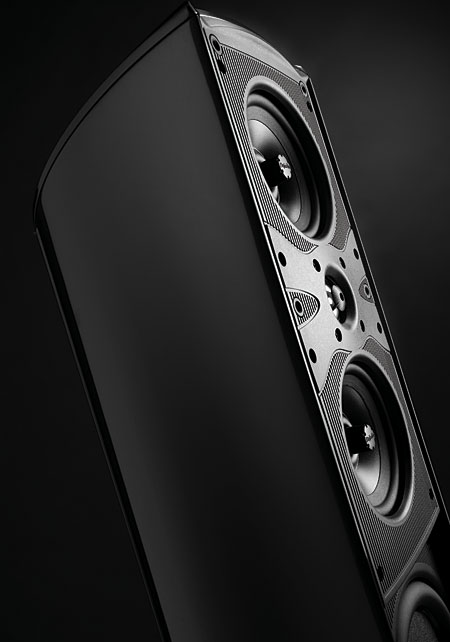
http://www.nojapower.com.au/product/recloser.htm
